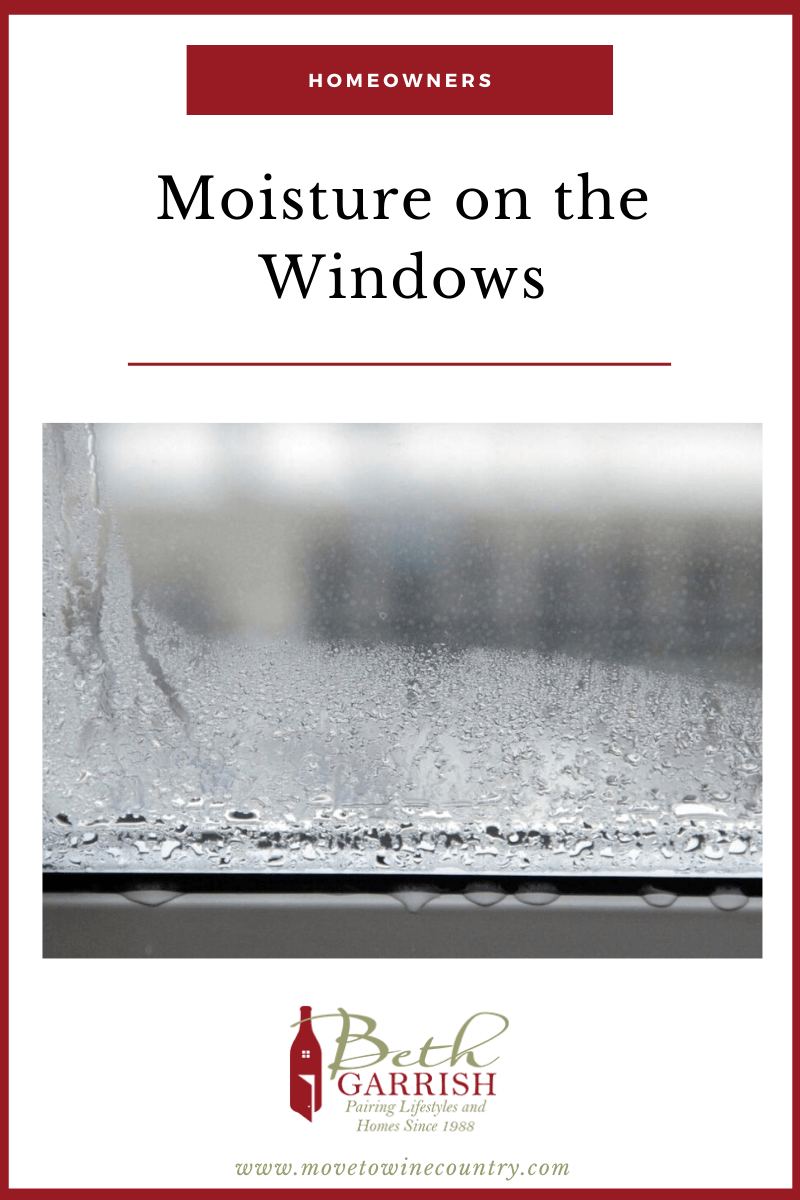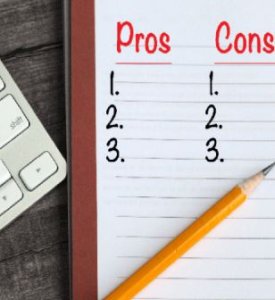
Avoiding Moisture Problems in the Home

There are many hidden sources of moisture in your home that can lead to serious problems, such as mould.
To keep moisture levels in check, consider these tips:
- Bathrooms are an obvious source of moisture build-up. Contractor and TV personality Mike Holmes recommends keeping the fan going for at least half an hour after a shower.
- Check regularly for water infiltration around window and door sills, as well as other intakes into the home, such as dryer vents and cable wiring.
- Determine the humidity level in your home. According to the Environmental Protection Agency, it should be 30-60%. (Keep in mind that humidity may vary greatly from room to room.)
- Regularly inspect caulking around sinks, tubs and showers. Even a tiny break can cause water to leak gradually into the wall or floor, causing damage you may not notice for months.
- Clean up wet spills as soon as possible. Be particularly careful with hardwood floors, as water can seep through and become trapped.
- Repair leaking faucets and pipes immediately. Even a small drip can add significant moisture inside a vanity or kitchen cupboard.
Being mindful of moisture today can help you avoid potentially high repair bills later on.











 Second, consider what features you might be able to add to a home later, by way of a renovation or other improvement. If a property doesn’t have a finished basement, for example, you might be able to get that done down the road. Indeed, there are probably many features you can add later to an otherwise desirable property.
Second, consider what features you might be able to add to a home later, by way of a renovation or other improvement. If a property doesn’t have a finished basement, for example, you might be able to get that done down the road. Indeed, there are probably many features you can add later to an otherwise desirable property.